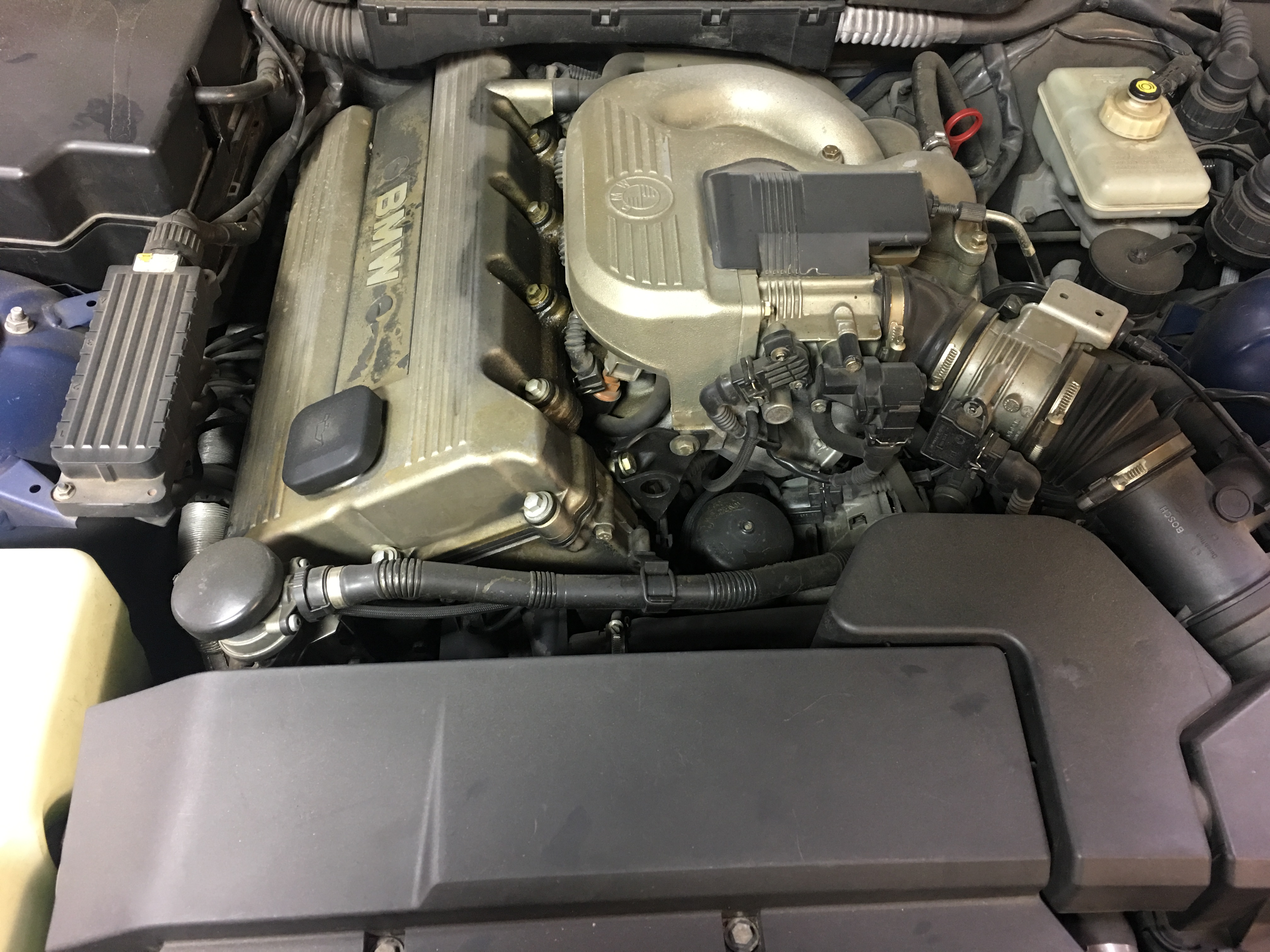Secret Functions to Search For When Investing In an Engine for Automotive Applications
When considering the acquisition of an engine for automobile applications, several essential functions warrant cautious assessment to ensure optimal performance and functionality. From power and performance capacities to fuel efficiency, adherence, and longevity to exhausts requirements, each aspect plays a crucial role in determining the engine's suitability for particular auto needs.
Power and Performance
When choosing an automotive engine, customers focus on power and efficiency to make sure ideal driving experience and performance. A well-performing engine not just provides power successfully yet additionally operates smoothly across various rate varieties and driving conditions.
Additionally, factors such as engine hybrid, turbocharging, and displacement technologies play considerable roles in boosting both power and performance levels. Ultimately, picking an engine that provides a potent combination of power and efficiency makes certain a efficient and rewarding driving experience.
Gas Effectiveness
Maximizing fuel effectiveness is a critical factor to consider for customers when evaluating vehicle engine options. Modern engines with attributes like direct fuel shot, turbocharging, and variable valve timing can substantially improve gas efficiency by improving combustion procedures and minimizing power loss.

Resilience and Reliability
Achieving lasting performance and dependable procedure is vital for consumers examining the resilience and dependability of automobile engines. When thinking about an engine for vehicle applications, durability describes the engine's ability to stand up to wear, anxiety, and extreme operating conditions over a prolonged duration. Dependability, on the other hand, indicates that the engine can continually do its intended feature without unexpected break downs or failures.
Consumers should search for engines created with high-quality materials and accurate engineering to ensure long life. Components such as crankshafts, bearings, and pistons ought to be durable to deal with the engine's power result without premature wear. Furthermore, engines furnished with sophisticated air conditioning systems, efficient lubrication, and robust filtration systems tend to exhibit higher degrees of integrity.
Regular upkeep and adherence to producer suggestions are additionally vital consider preserving an engine's longevity and reliability. By following upkeep routines, using suggested liquids, and addressing any issues without delay, consumers can optimize the life expectancy and efficiency of their automobile engines. Eventually, focusing on resilience and dependability in engine option can lead to a much more gratifying possession experience with fewer unforeseen disruptions.
Exhausts Compliance
Guaranteeing conformity with discharges guidelines is an essential facet of reviewing automobile engines for eco aware consumers. With increasing problems about air quality and environmental impact, rigorous emissions requirements have actually been placed in location globally to reduce unsafe contaminants launched right into the environment. When buying an engine for vehicle applications, it is vital to consider its exhausts conformity to minimize the carbon footprint and follow legal demands.
Modern engines are furnished with innovative emission control modern technologies such as catalytic converters, exhaust gas recirculation (EGR) systems, and discerning catalytic reduction (SCR) to minimize damaging exhaust gases like nitrogen oxides (NOx), carbon monoxide (CARBON MONOXIDE), and hydrocarbons (HC) These systems play a vital duty in ensuring that the engine meets the defined emissions criteria and operates within permitted restrictions.

Cost-effectiveness
When considering vehicle engine purchases, evaluating cost-effectiveness is paramount for consumers seeking both efficiency and worth. Cost-effectiveness in engine purchase entails greater than simply the preliminary acquisition price. It incorporates the overall expenses related to maintenance, gas usage, and possible repairs over the engine's life-span. Choosing an engine that uses an equilibrium in between in advance expenses and lasting financial savings can cause substantial advantages for the consumer.
One trick element of cost-effectiveness is gas efficiency. Engines that are designed to make the most of gas economic why not try these out climate can lead to considerable cost savings over time, especially for individuals that drive frequently or over fars away. Additionally, taking into consideration the availability and affordability of extra parts and servicing can contribute to the general cost-effectiveness of an engine. Guaranteeing that repair and maintenance are sensible and obtainable can stop unexpected monetary concerns down the line.

Conclusion
In conclusion, when buying an engine for automobile applications, it is important to consider crucial features such as power and performance, fuel sturdiness, reliability and performance, discharges compliance, and cost-effectiveness. These aspects are important in making sure that the engine meets the demands of the lorry and runs properly in numerous driving problems - bmw 318ti. Making an educated decision based upon these criteria will ultimately result in a effective and successful vehicle engine purchase
From power and try this out efficiency capacities to sustain adherence, resilience, and efficiency to discharges requirements, each aspect plays a crucial function in establishing the engine's viability for certain automotive needs. Engines created to run on alternative gas such as electrical power, hybrid systems, or biofuels can offer better fuel economy and reduced emissions contrasted to typical gas or diesel engines. Customers must carefully consider the fuel efficiency ratings and technologies included into auto engines to make enlightened investing in decisions that straighten with their top priorities for cost savings and sustainability.
When considering an engine for vehicle applications, resilience refers to the engine's capability to withstand wear, anxiety, and rough operating conditions over a prolonged period.In final thought, when acquiring an engine for automotive applications, it is critical to take into consideration key functions such as power and performance, gas integrity, sturdiness and efficiency, emissions compliance, and cost-effectiveness.